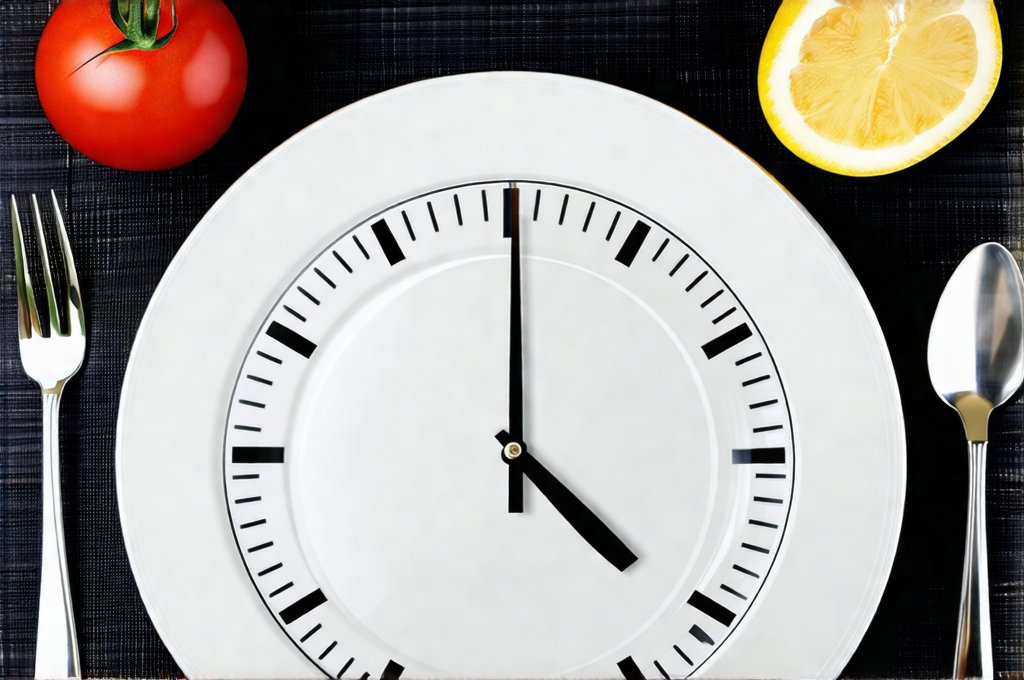Heartburn, that burning sensation in your chest, is an unfortunately common experience for many. Often triggered by acid reflux – where stomach acid travels back up into the esophagus – it can disrupt sleep and significantly impact quality of life. While dietary choices and lifestyle factors play a huge role, when you eat dinner can be surprisingly influential in preventing those nighttime disturbances. Many assume simply avoiding trigger foods is enough, but timing your evening meal strategically allows your body more time to digest food before lying down, reducing the likelihood of reflux episodes while you sleep. This article will explore the science behind this phenomenon and offer practical advice on optimizing your dinnertime for a more comfortable night.
Understanding the mechanics of acid reflux is key. Normally, a valve called the lower esophageal sphincter (LES) prevents stomach acid from flowing upwards. However, factors like large meals, certain foods, obesity, smoking, and even lying down can weaken or relax this valve, allowing acid to creep into the esophagus. When you lie flat, gravity no longer helps keep stomach contents where they belong, exacerbating the problem. Therefore, a significant portion of managing reflux involves minimizing these contributing factors, and strategically timing your dinner is one highly effective method within your control. It’s not just about what you eat; it’s about when. Understanding reactive body can also help you navigate these challenges.
The Optimal Dinner Timing Window
The ideal time to eat dinner varies slightly from person to person, depending on individual metabolism, sleep schedule, and the size of the meal. However, a general rule of thumb is to finish eating at least 2-3 hours before bedtime. This allows sufficient time for your stomach to begin emptying its contents and reduces the pressure on the LES. Think of it as giving your body the necessary digestive buffer before you recline. A larger, heavier meal might require closer to three hours, while a lighter meal could potentially suffice with two. The goal is to avoid going to bed with a full stomach.
This isn’t about strict adherence to a rigid schedule; it’s about mindful timing. If your bedtime is typically around 10 pm, aiming to finish dinner no later than 7-8 pm can make a substantial difference. Experimenting within this window and paying attention to how you feel – whether you experience reflux or sleep disturbances – will help you pinpoint the sweet spot for your own body. It’s far more effective to consistently aim for this timeframe rather than sporadically avoiding trigger foods without considering timing. Learning gut friendly habits can support consistent digestion as well.
Consider also that consistent meal times, in general, support healthy digestion. Our bodies thrive on routine, and a regular dinnertime helps regulate digestive processes. This consistency can contribute to better overall gut health and potentially reduce the frequency of reflux episodes over time. It’s about creating habits that work with your body, not against it.
Factors Influencing Ideal Timing
Several factors beyond bedtime influence the ideal dinner timing for preventing nighttime reflux. First, meal size matters. A large, heavy meal takes longer to digest than a smaller one, requiring a greater buffer between eating and lying down. Second, the composition of your meal plays a role. High-fat foods, for example, slow gastric emptying – meaning they stay in the stomach longer – increasing the risk of reflux. Third, individual metabolic rates differ; some people digest food more quickly than others.
To further refine your dinner timing strategy:
1. Assess your typical bedtime and adjust accordingly.
2. Evaluate the size and composition of your meals. Prioritize smaller portions and leaner protein sources.
3. Pay attention to your body’s signals. If you consistently experience reflux, even with a 2-3 hour window, consider extending it further or adjusting your diet. Understanding same food reactions can help pinpoint triggers.
Beyond these core factors, consider your activity level after dinner. Gentle walking can actually aid digestion, but strenuous exercise immediately following a meal could potentially worsen reflux symptoms. Avoid activities that put pressure on the abdomen for at least an hour after eating.
The Role of Bed Elevation and Sleeping Position
While timing is crucial, it’s not the only piece of the puzzle. Even with optimal dinner timing, some individuals may still experience nighttime reflux. In these cases, adjusting your sleeping position can provide significant relief. Elevating the head of your bed by 6-8 inches using blocks or a wedge pillow helps gravity keep stomach acid where it belongs. Simply piling up pillows is often insufficient and can actually worsen the problem by bending the torso.
Another helpful strategy is to sleep on your left side. This position takes advantage of the fact that the esophagus enters the stomach on the left side, making it harder for acid to flow back upwards. Avoid sleeping flat on your back, as this increases the likelihood of reflux. These adjustments, combined with strategic dinner timing, can dramatically reduce nighttime symptoms and improve sleep quality. If nausea accompanies these symptoms, consider foods to eat.
Dietary Considerations Alongside Timing
Dinner timing isn’t a substitute for mindful dietary choices; it’s synergistic. Certain foods are known to trigger acid reflux in many people. Common culprits include:
– Citrus fruits and juices
– Tomatoes and tomato-based products
– Chocolate
– Mint
– Spicy foods
– Fatty or fried foods
– Carbonated beverages
– Caffeine and alcohol
While not everyone is sensitive to these foods, identifying your personal triggers and minimizing them can significantly reduce reflux episodes. Focusing on a balanced dinner consisting of lean protein, complex carbohydrates (like whole grains), and non-cruciferous vegetables is generally well-tolerated. Hydration is also important; drinking water throughout the day aids digestion but avoid excessive fluid intake with meals, as it can distend the stomach. A well planned gerd diet is also beneficial.
It’s essential to remember that managing acid reflux often requires a multi-faceted approach combining strategic timing, dietary adjustments, and potentially lifestyle modifications like weight management and smoking cessation. A holistic strategy tailored to your individual needs is far more effective than focusing on any single element in isolation. Don’t forget the importance of probiotics for gut health, too! Finally, consider eating before bed to minimize nighttime symptoms.


















